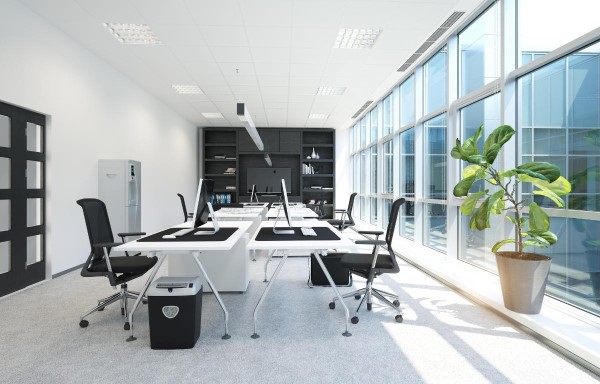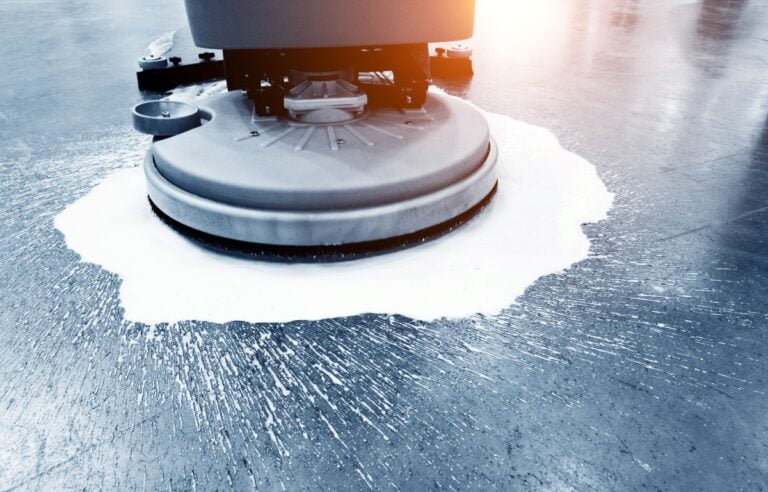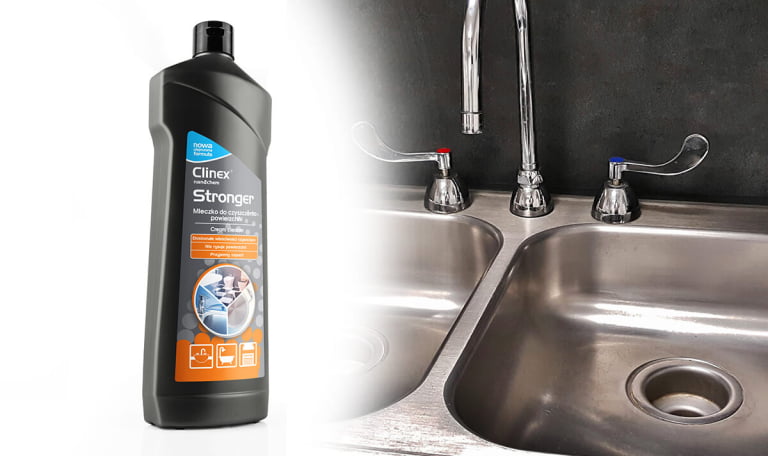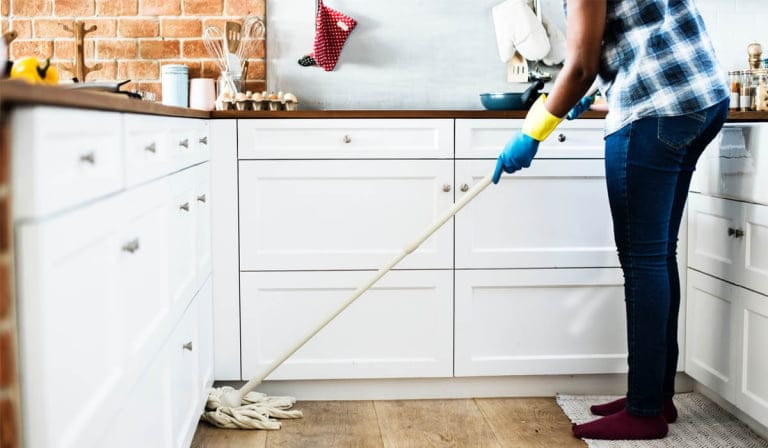There is no denying that HACCP does not have a very good reputation among catering workers. It is treated as a necessary evil rather than as a useful element of managing restaurant operations. A lot of paperwork and, it would seem, unnecessary work, taking up time when a lot of more useful things could be done. But is HACCP just a chore?
What is HACCP?
It is a Threat Analysis and Critical Control Point System. The word comes from English: Hazard Analysis and Critical Control Points. Its aim is to “ensure the health safety of food by identifying and estimating the scale of food safety threats from the point of view of its health quality and the risk of these threats occurring during all stages of food production and distribution.” Sounds confusing, right?
To put it simply, HACCP are procedures that are intended to ensure safety during food storage and production. They take into account microbiological, physical and chemical threats and show solutions to avoid them. Therefore, as part of the introduced system, temperatures in refrigerators and cold rooms are monitored. Cleanliness is also maintained in a strictly defined manner and using specific means.
The implementation and maintenance of HACCP in Poland is mandatory and is subject to the control of Sanitary and Epidemiological Station. A fine may be imposed for missing procedures or failing to comply with them.
HACCP and cleaning procedures.
The two key elements of HACCAP that should be implemented first are GPH, i.e. Good Hygienic Practice, and GHP, i.e. Good Manufacturing Practice. GHP refers to the actions and conditions created and controlled at each stage to guarantee food safety. GHP, on the other hand, concerns the conditions and activities implemented to ensure the safety of the food production process. These procedures, apart from defining the functional layout of the premises and the waste control system, also define activities related to regular washing and disinfection of rooms and objects used for storing and producing food. For example, cleaning floors, work surfaces or catering equipment using professional cleaning agents. Why professional? Therefore, to eliminate all potentially harmful microorganisms.
Professional cleaning products for restaurant kitchens.
The kitchen is the most important place in a restaurant. This is where dishes are prepared and served to guests, and their quality determines how the place will be rated. There is probably nothing worse than food poisoning caused by a poorly prepared dish. Therefore, keeping the kitchen clean and hygienic is an absolute necessity. The quality of this cleanliness and the time spent on achieving it largely depend on the cleaning agents we use. Therefore, questions arise regarding ecological products: can they replace traditional ones so as to still effectively fulfill HACCP procedures? And if so, how to choose the right one?
When choosing ecological cleaning products to be used in a restaurant kitchen, it is worth paying attention primarily to their composition. – explains the Clinex brand expert – It should also be remembered that natural does not mean ecological. Natural products do not always consist of sustainably sourced raw materials. They also do not have to meet the criteria relating to the product life cycle. Truly ecological cleaning products have appropriate certificates. For example, the EU Ecolabel certificate, awarded by independent organizations to products with proven effectiveness and quality. Supporting sustainable development after a thorough assessment of their full life cycle.
Ecological does not mean less effective.
Many people responsible for HACCP in restaurant kitchens wonder whether such measures can be as effective in everyday care of cleanliness as traditional ones. And although not all products can be replaced with those with an eco label, it is worth emphasizing that ecological does not mean less effective. A good example of effective and at the same time ecological measures are those from: Green line . Preparations for washing floors , glass , sanitary facilities , or universal cleaning preparation for removing all typical and greasy dirt, they are effective and efficient, and have the above-mentioned certificate EU Ecolabel .
Therefore, it is worth spending some time checking the offers available on the market to save time on daily cleaning later.






